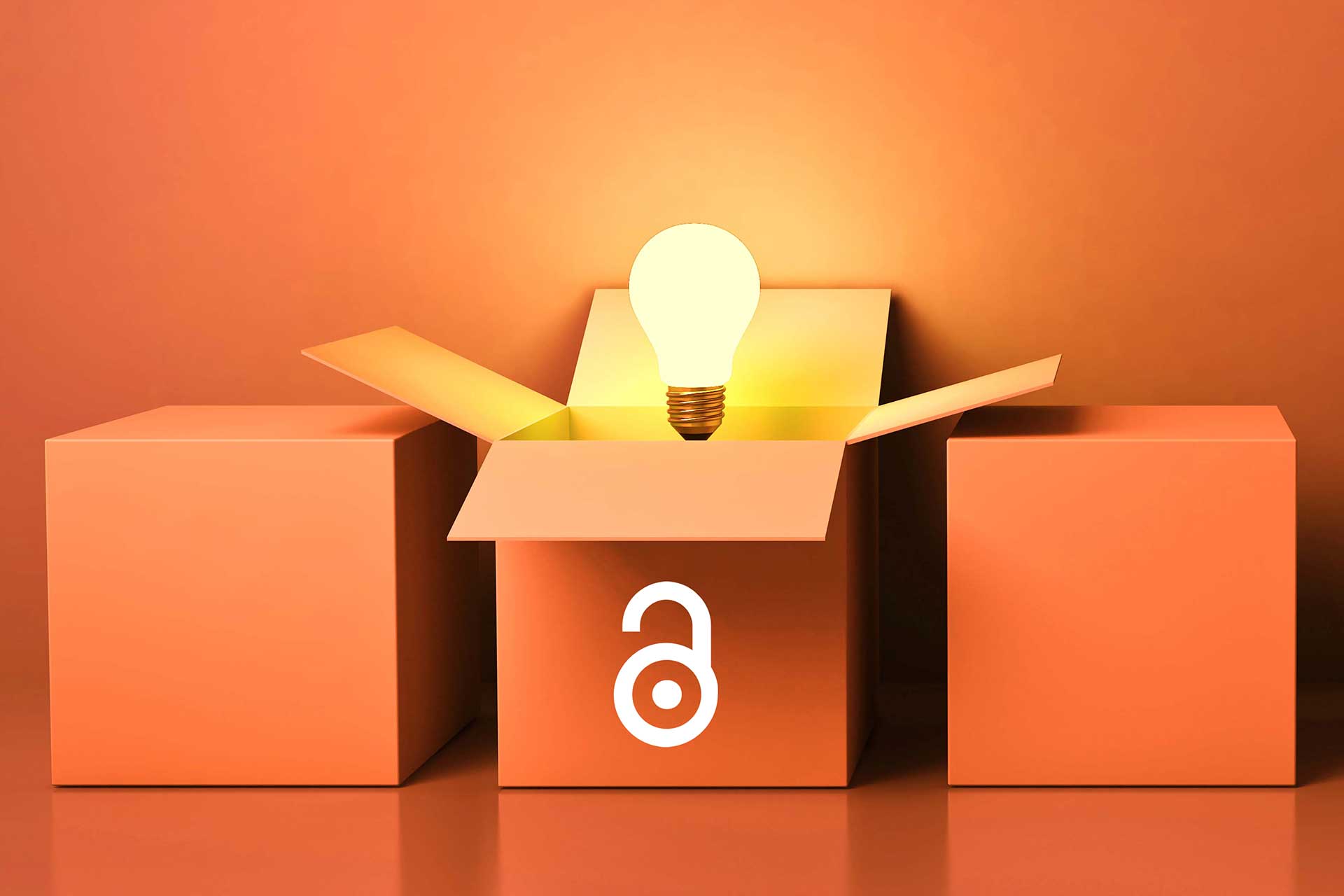UKRI has published updates to its Open Access (OA) policy. This post is our early response. It outlines the library’s advice for our researchers and summarises what we aim to do to help our researchers meet the requirements.
UKRI announced their policy for Open Access Long Form publishing on Thursday 25 May 2023. Long form publications includes books, monographs, book chapters, edited books, and edited collections
- This policy applies to long form works published from 1 January 2024. Refer to the UKRI guidance on making your research publications open access.
- You do not have to pay a Book Processing Charge and acquire funds in order to meet these OA requirements, but UKRI is introducing a dedicated fund to support open access costs for outputs in scope of this new requirement.
- You can apply for central UKRI funding, via the University of Kent library, from Autumn 2023
- Some exceptions will be available.
Advice for our researchers
Negotiating a publishing contract now?
- If you are publishing a monograph, book chapter or edited collection before 1 January 2024, there is no requirement to publish open access.
- If you are publishing a monograph, book chapter or edited collection after 1 January 2024, you can apply for central UKRI funding, via the University of Kent library, from Autumn 2023
- Whatever the case, you should
- consider Open Access options when selecting a publisher and enquire about the publisher’s position
- inform your publisher of your Open Access obligations to your funder
- keep a copy of your Author Accepted Manuscript (AAM), add a record of the work to the Kent Academic Repository (KAR), and upload the AAM. Restrict it to ‘Repository Staff Only’ and we will do the rest for you.
Currently applying for a research grant and expect to publish a monograph, book chapter or edited collection between 1 January 2024 and 31 December 2024?
- You may include open access costs in your grant application, if publication is expected to happen during the lifetime of your award.
- Otherwise, you should wait to apply to our dedicated open access fund launching in Autumn 2023 (stay tuned for more information)
- Whatever the case, you should
- consider Open Access options when selecting a publisher and enquire about the publisher’s position
- inform your publisher of your Open Access obligations to your funder
- keep a copy of your Author Accepted Manuscript (AAM), add a record of the work to the Kent Academic Repository (KAR), and upload the AAM. Restrict it to ‘Repository Staff Only’ and we will do the rest for you.
What we aim to do to help
In the library we are drawing up plans for how we can best support you. It is a complex area that will require monitoring and interpretation, review of existing services and policies, development of new processes and services. But we’ve made a start and have already identified our main work packages.
These include
Guidance and communications
- Simple and easy to understand guidance
- Step by step processes to help you choose what you need to do next. We will use our Check before you Choose approach that we developed for journal articles, so that you have all the decisions and links to our library services and resources gathered together in one document
- Improved guidance and resources to manage your third-party copyright
- News and updates about key policy dates and changes gathered through our attendance at relevant online events across our sector
Services and processes
- Review of our existing REF Assisted Deposit Service to establish the staff resource that would be required to extend this service to cover books, book chapter and edited collections
- create a service that will enable our researchers to apply for UKRI central funding
- create a process for applying for exemptions to the policy and recording evidence
Technical developments in KAR
- Review and changes to item types
- Additional fields for some item types
- Means of monitoring and reporting
And…
- Review and re-write University’s Open Access policy
- Investigate alternative models and agreements for publishing OA without payment of Book Processing Charges, evaluate these to establish whether they would be cost-effective and beneficial use of library funds
Open Access books as an opportunity not just a requirement
Open Access for research books is, and will be, a requirement for many funders by 2024, but digital OA publishing also brings many exciting opportunities
“Publishing open access means your book or chapter can be read, reviewed, shared, and cited without depending on readers buying it or libraries stocking it. Open access therefore greatly increases the opportunities for your work to be read widely and to have an impact on the world”
In this video, Professor Caroline Warman talks about the positive experiences of open access book publishing, including:
- Music embedded for readers to access
- Footnotes that include images and links
- Translating the book by toggling between the English and French versions
- Close to 40,000 book downloads
- Flexible, imaginative and innovative process led by the publisher.
Contact
Information Services Research and Scholarly Communication Support Team in the library
Email researchsupport@kent.ac.uk


